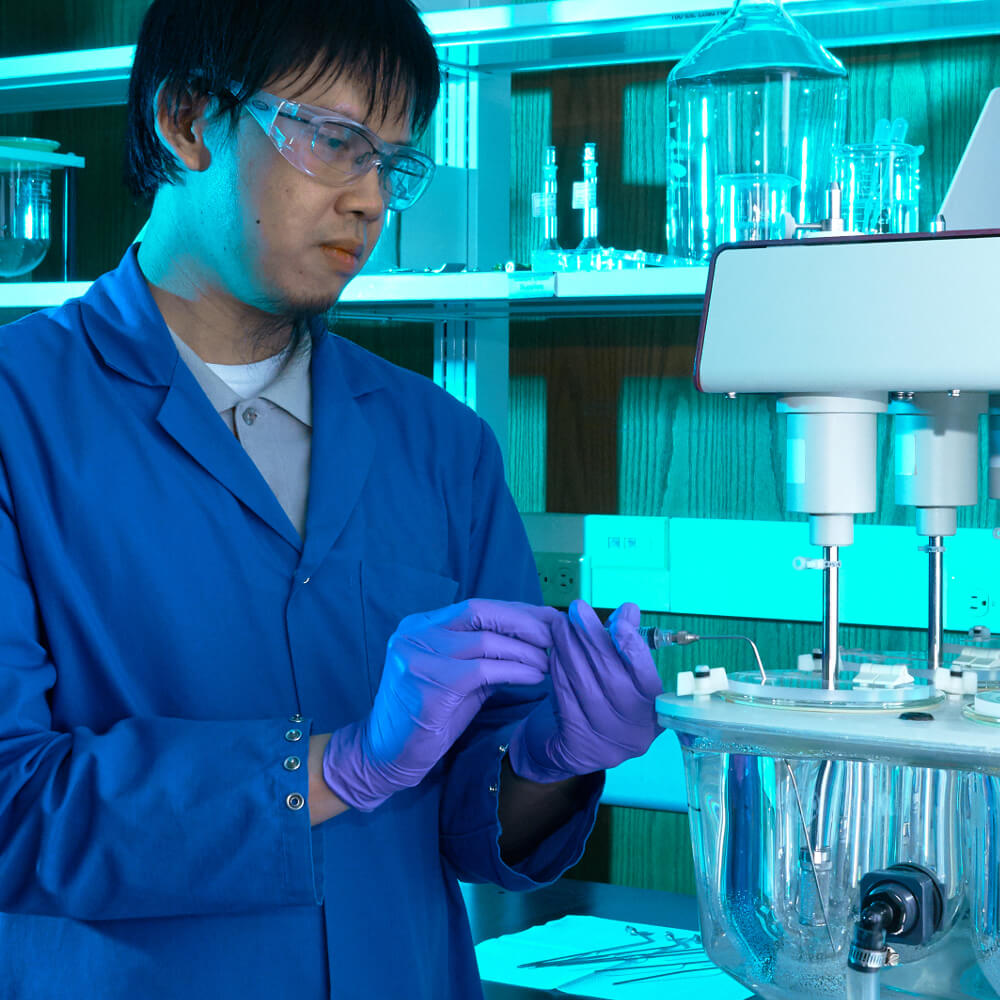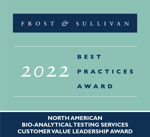Broad Scope and Right-Size Solutions for In Vivo Discovery and Toxicology

With Inotiv’s skilled, collaborative scientists and high-efficiency, proprietary instrumentation, you get customized studies that meet your unique information needs while minimizing the number of study subjects. Our AAALAC-accredited laboratory facilities are in Colorado, Missouri, Indiana, RTP, and Maryland:
- Built-for-purpose AAALAC-accredited vivarium
- Discovery through GLP regulatory-enabling studies
- All common research models including NHP
- Purpose-built CULEX laboratory, set up for automated dosing and sampling including brain microdialysis
Throughout your project, strong lines of communication promote your success, with study design, conduct, and data interpretation that exceed your expectations. We are large enough to provide the experience and resources to complete your projects expertly and on time, while remaining flexible, accessible, and responsive to your needs.
Discovery
Obtain high-quality data with lead optimization and candidate selection studies to evaluate tolerability, pharmacology, and DMPK parameters.
We support molecules of all classes, from small molecules and biologics to gene and cellular therapeutics.


Novel Pharmacology Models
When it benefits your study, your Inotiv team will develop fit-for-purpose, cost-effective, non-routine models of disease. Unique models we have developed to focus on specific targets of interest include:
- Diabetes and metabolic disease
- Diet-induced hyperlipidemia/atherosclerosis
- Inflammation
- Pulmonary disease
- Sebaceous gland development
- Liver-humanized rodent models for hepatic disease, gene delivery, and gene expression studies
General Toxicology
From acute tolerability through multi-year and multi-generational safety assessments, we provide a consultative, responsive experience. You will receive timely and reliable reports that meet or exceed regulatory guidelines. For over 40 years, Inotiv’s experienced and proven safety assessment teams have backed thousands of successful IND and NDA/BLA submissions. In addition to routine protocols, our flexible, fast, and responsive team routinely develops custom protocols to meet our clients’ challenges. Our GLP toxicology services are comprehensive. Along with the in vivo conduct, we also provide:
- Full histopathology support
- Clinical pathology services
- Dose formulation analytical development, validation, and analysis
- Bioanalytical development, validation, and analysis
- Pharmacokinetics/toxicokinetics (PK/TK) data analysis and interpretation

